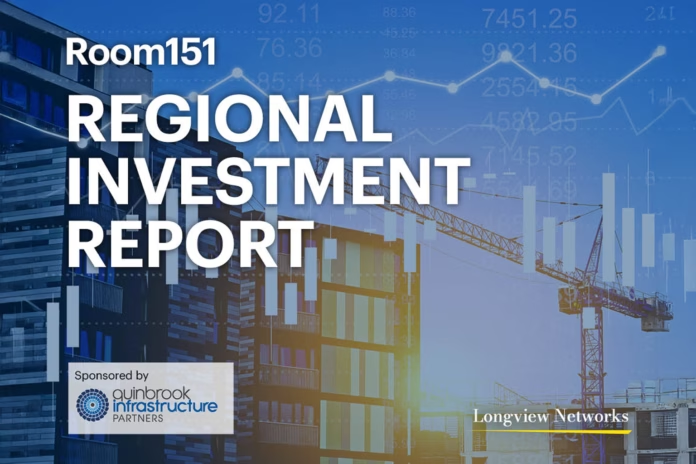
With pooling just around the corner 2018 is a big year for LGPS. Barry McKay highlights priorities across investment, resources and governance.
With the fast-approaching investment pooling deadline, increasing scrutiny from the regulator and continued growth in the number of employers participating in the LGPS , what challenges will 2018 bring? Let’s take a look at the key priorities for the LGPS this year.
Investment
Aligning strategy and objectives
Asset performance for most funds has been strong over 2017. As we move into 2018 it’s important for funds to check if their investment strategy remains aligned to meet their long term objectives. 2018 should be an opportunity to assess whether you need to maintain the same level of risk and return, if you can capitalise on recent gains by reducing risk, or whether you can try and protect funding positions through risk management or risk diversification.
Pooling D-day approaches
The Government’s April 2018 deadline for the onset of investment pooling is fast approaching. Pools are in different stages in terms of their operational set up and ability to take on assets. This year there will be greater clarity on the investment options offered by the pools. It’s important you continue to engage with the pooling process to ensure there are solutions that meet your requirements and allow your Fund to implement your locally determined investment strategy efficiently and effectively.
ESG and me
There is continued focus on LGPS stakeholders on as to how they can best address and manage responsible investment (RI) issues such as environmental, social and governance matters. There is likely to be new RI guidance coming out this year from DCLG and the Scheme Advisory Board. It remains a key aspect of the good governance of LGPS funds that you consider your own approach to RI issues, set out a clear policy and approach and communicate this externally.
Actuarial
Employer engagement
With the ever increasing number of employers participating in the LGPS and the increased scrutiny of The Pensions Regulator, it’s key for funds to engage with employers ahead of the 2019 valuation. Better quality membership and cashflow data, and a comprehensive assessment of employer risk, will help employers understand their pension obligations and help funds manage their risk. With the large number of employers, LGPS funds need to consider how best to achieve this with limited resources.
Managing resources
Related to this is your need to be adequately resourced to provide an excellent service to all stakeholders, have a well governed fund and carry out effective risk management. There is more to do than ever before with less resources. In the short term, more resources combined with investment in innovative, technological solutions would make the LGPS become more efficient and, in the longer term, achieve cost savings while reducing risk.
Better funding outcomes
Funds have had bespoke employer funding strategies in place for some time, but it’s important to continue to develop these as employers continue to diverge. However, investment remains the biggest risk. It’s therefore crucial to take this a step further, looking at funding and investment strategy together. Councils, academies, colleges and contractors are all in very different situations, so why would they all have the same strategy? Putting in place tailored strategies for groups of employers would surely deliver better outcomes and manage employer risk more effectively.
Benefits consulting and governance
21st Century Trusteeship
Funds need to get the maximum effectiveness from their governance arrangements. The Pension Regulator’s (tPR’s) 21st Century Trusteeship campaign is designed to drive up standards of pension scheme governance and applies equally to private and public sector schemes. The campaign sets out tPR’s expectations for those managing pension schemes and LGPS funds should ensure they are aware of these standards. In particular, funds should be aware of good governance fundamentals, have a clear understating of roles and responsibilities, and have a clear purpose and strategy.
Membership data
This year, for the first time, LGPS funds will be required to report on the quality of common and scheme-specific data in their tPR scheme returns. Funds must have plans in place to review their data annually and, where necessary, put in place a data improvement plan which sets out the steps taken to address any issues. Funds should think about the outcomes they are trying to achieve with their data improvement plans and how they will achieve them. Plans that don’t include clear timeframes and realistic resourcing are unlikely to satisfy the Regulator.
Risk management
2018 is an opportunity for LGPS funds to revisit their risk management strategy. The advent of pooling, the higher priority placed on governance and external issues, such as GDPR, all point towards now being the time to thoroughly review your fund’s objectives. Are they still appropriate? Have you fully captured and considered all of the events that may prevent you from achieving those objectives? Is your pension committee managing risk in the most effective way?

Barry McKay is a
partner and actuary
with Hymans Robertson.
Register for the Room151 LGPS Quarterly Newsletter













